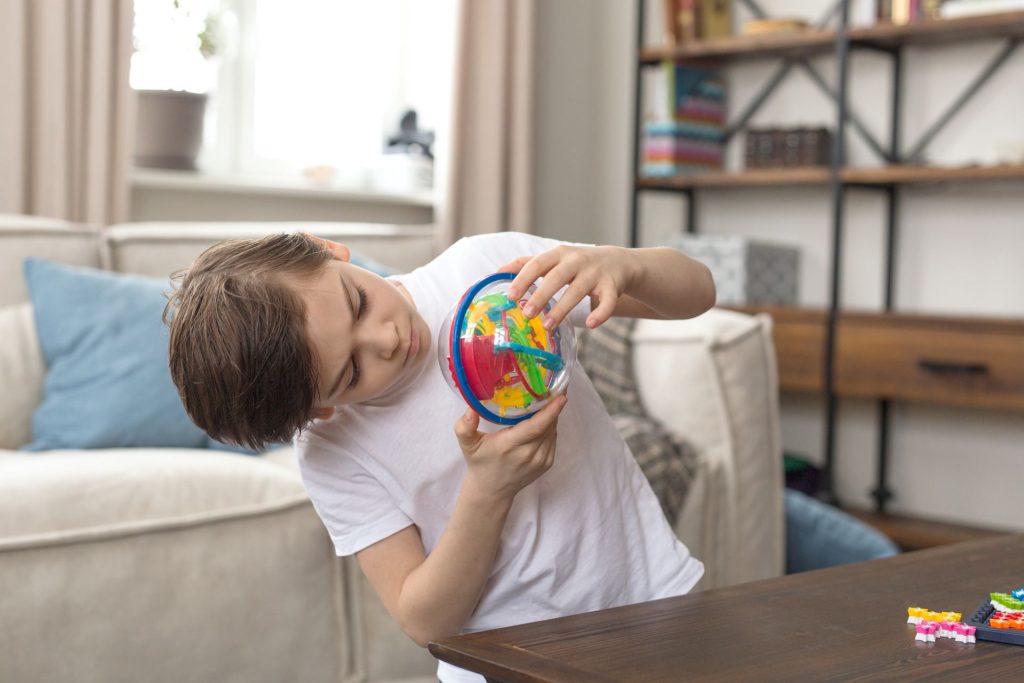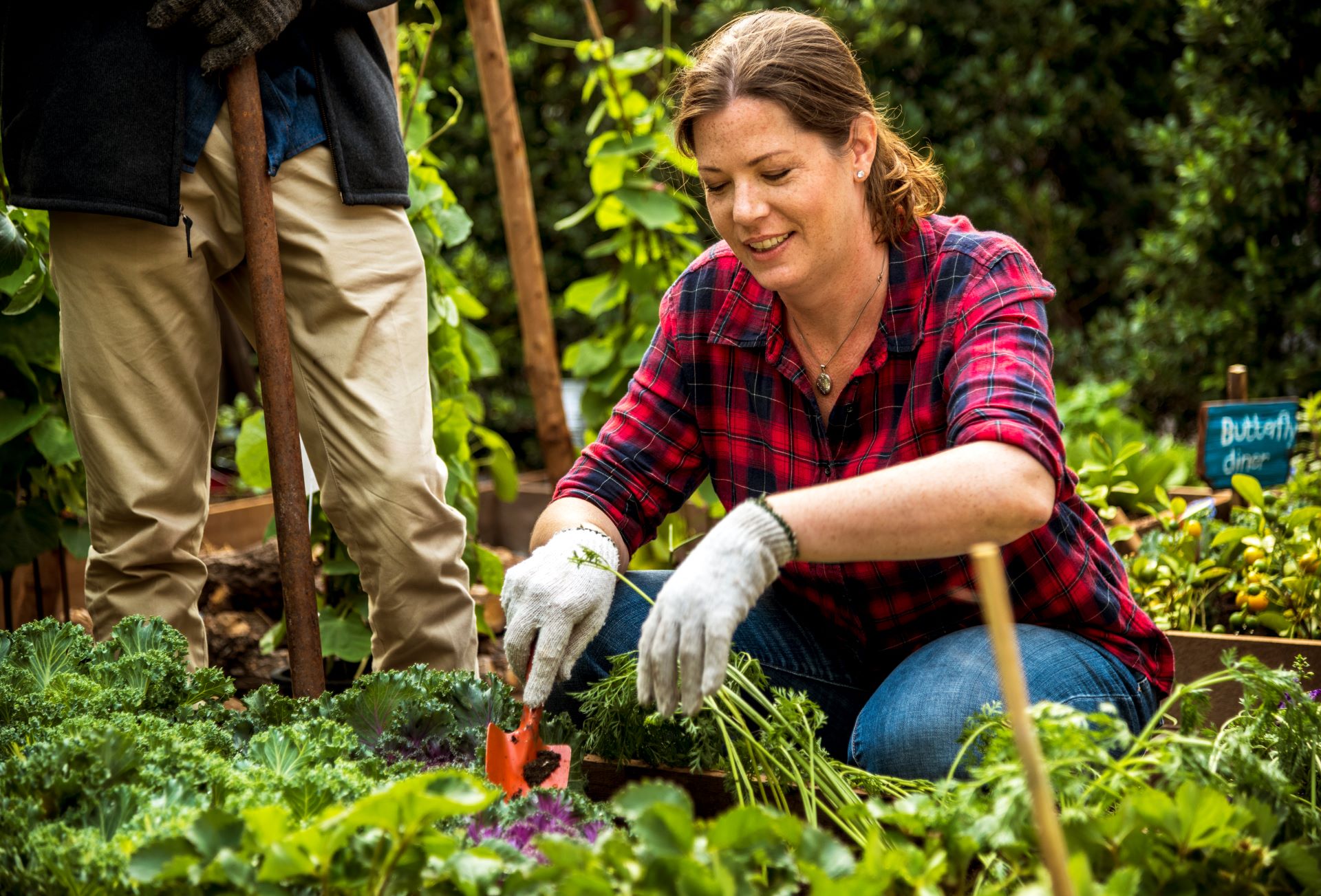
Supporting Children with Dyspraxia
Does your child face challenges when it comes to planning, sequencing, or completing everyday activities like dressing themselves or tying shoelaces? Do they struggle with balance, coordination or find it difficult to participate in sports and physical activities compared to their
peers? Have you noticed messy handwriting or issues with their speech or language development?
These signs are commonly associated with a condition called Dyspraxia in children.
Dyspraxia can impact speech and language development.
Children with Dyspraxia may find it challenging to have a clear idea and organise their language in order to express themselves effectively. This can result in difficulties with communication and academic tasks.
Dyspraxia can significantly impact a child’s life, affecting their ability to concentrate, learn and thrive in various environments.
We are here to help
We’re here to help you navigate these challenges and support your child’s development.
The Cluas Programme is specially designed to provide personalised support and an evidence-based approach to support children with dyspraxia.

Meet Shane
Shane has difficulties dressing and often sits on the end of his bed, struggling to put on his socks. His mother has painstakingly shown him how many times, but left to do it himself, he cannot manage it. Shane often has to be shown how to play with toys, he is not able to decide for himself the most appropriate way of playing with the toy or game. He finds it very difficult to organise himself to do his homework. He often forgets to put toothpaste on his brush and brushes his teeth without it. Shane also appears clumsy and a bit awkward. Shane has motor planning difficulties or Dyspraxia.
Introduction
There are three steps involved in motor planning – also called Praxis
Step 1: Have an idea of what he wants to do
Step 2: Organise how to do it and sequence the steps involved
Step 3: Take action, or execute an unfamiliar motor activity
We created a specific individual programme of therapy to address Shane’s difficulties. Underlying Shane’s Dyspraxia was a vestibular system deficit. The vestibular system influences a wide range of activities, from balance and coordination to sensory integration and planning, and sequencing.
Discovering Cluas
Shane’s Cluas Programme resulted in much improved sensory processing and motor planning. Following the initial stages of his programme, the activities during his daily sessions were geared towards giving Shane the opportunity to try out tasks that previously would have been impossible for him and had caused him great frustration. Shane was supported in attempting planning and sequencing and other activities, which he previously would have shied away from. To his surprise, these were much easier than ever before.
Shane’s mother now reports that he is less frustrated when playing with his brothers. His homework has become less of a chore; he is generally less awkward and clumsy and is beginning to enjoy sports. He is much happier and confident in himself, is making new friends, and has even joined a basketball club.
-

Mina, age 38 – Dyspraxia
“…I always felt different from others and struggled with poor gross and fine motor skills… Socializing in groups was challenging…I had difficulty processing information and had a poor sense of time and organisation. Since starting the Cluas therapy I quickly noticed improvements…better depth perception and clear differentiation between left and right…My concentration and control over…
Frequently Asked Questions
Specific programmes for your child
At the core of the Cluas programme is a unique system of sound stimulation. Our programme uses music to retrain and improve your child’s auditory processing skills. We use specialised sound equipment, to retrain the way the children gather and process information
What is the Cluas Programme?
What is the Cluas Programme …
Is each programme individualised?
What is the Cluas Programme …
The difference between hearing and listening?
What is the Cluas Programme …
Where is the Programme delivered?
What is the Cluas Programme …
The Cluas Programme for Children
How can Cluas help?
If your child is facing dyspraxia, you don’t have to navigate the journey alone. We’re here to help.
Together, we can unlock your child’s full potential, build essential skills, and create a brighter future.
Take the first step & contact us today
